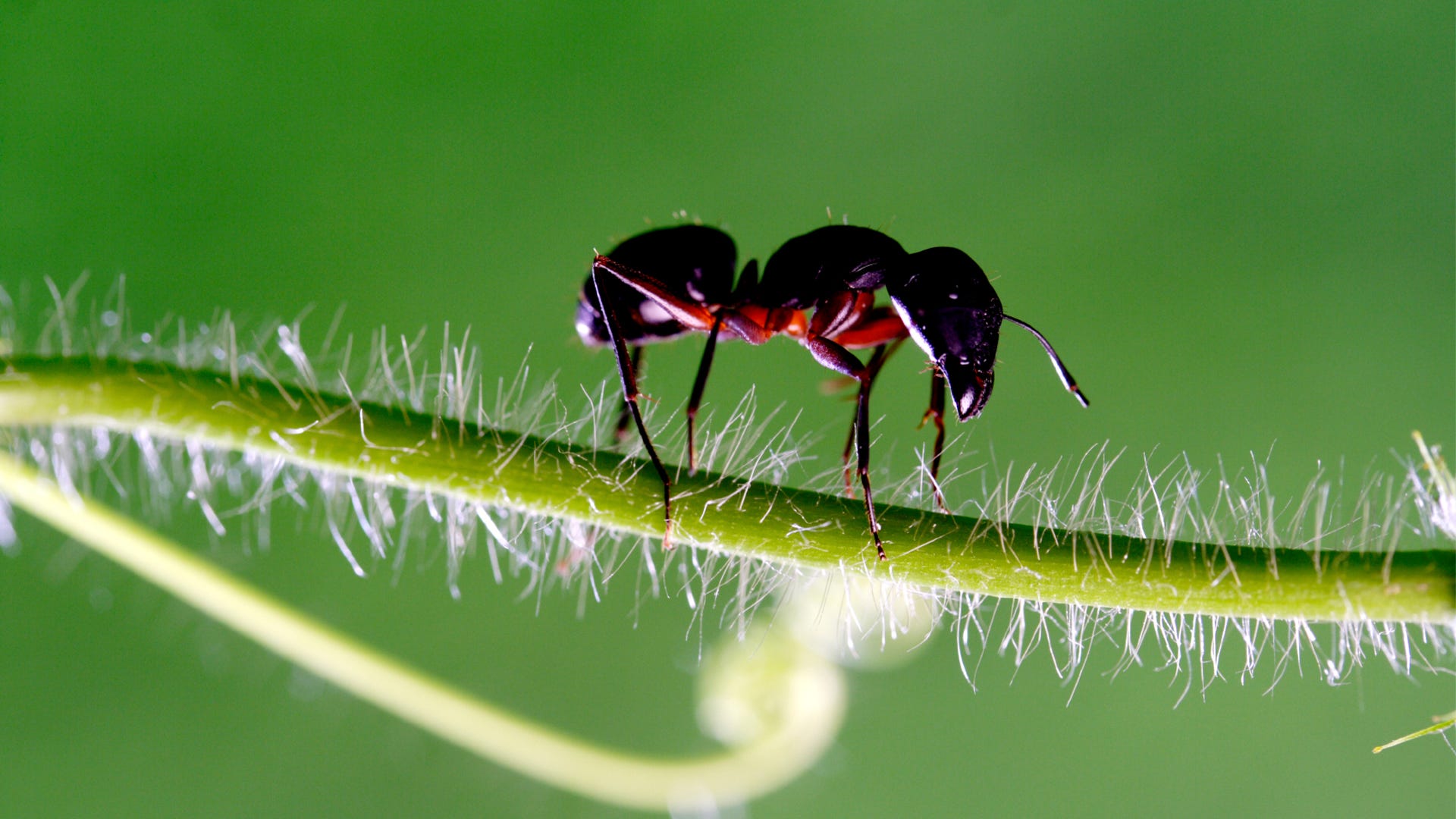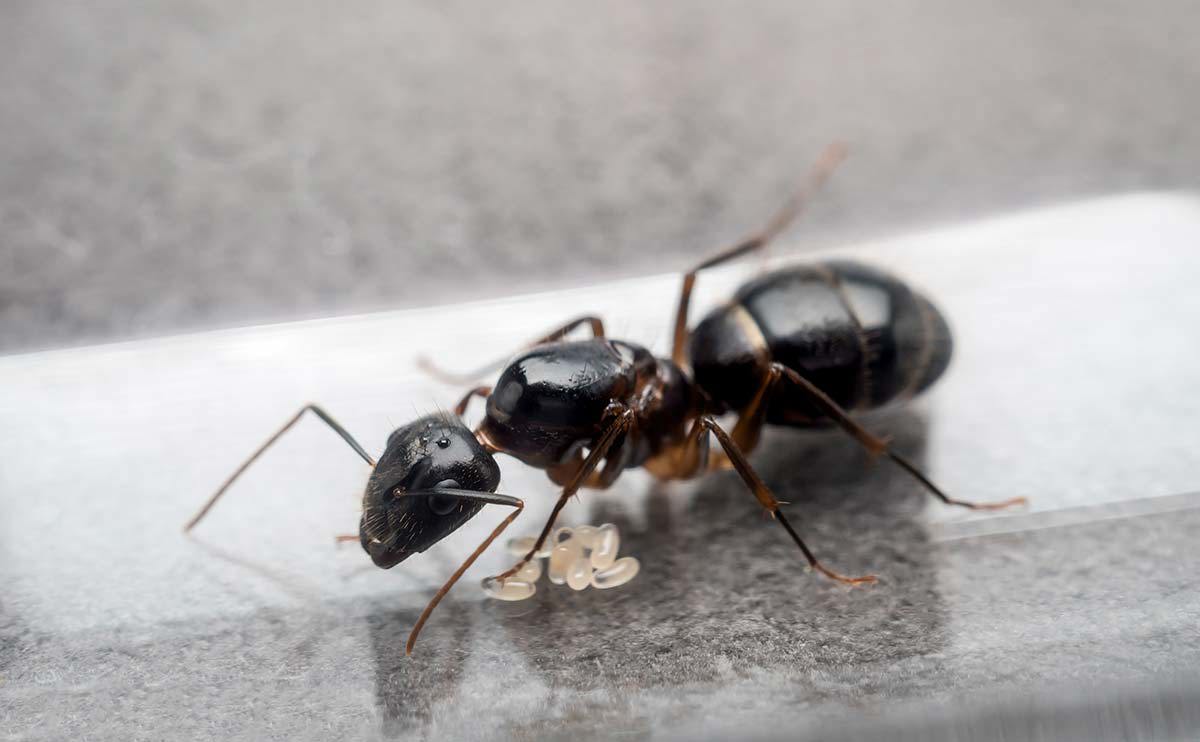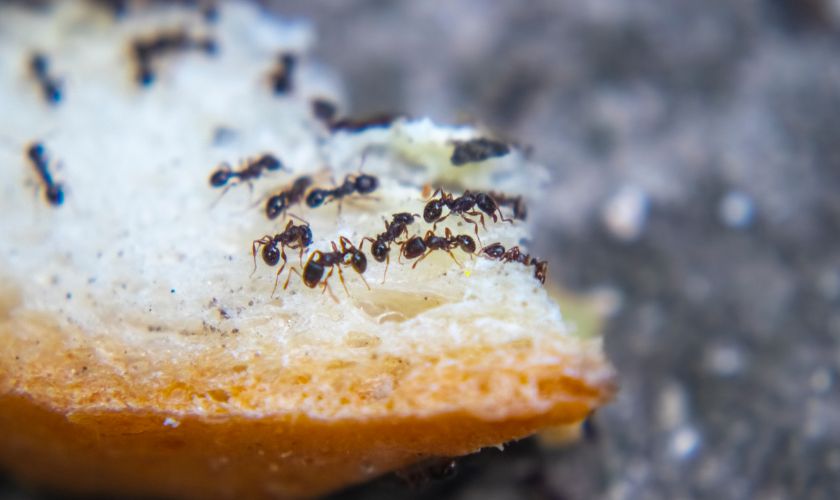Comprehensive Termite Control: Safeguard Your Property with Expert Services
Comprehensive Termite Control: Safeguard Your Property with Expert Services
Blog Article
Ecological Impact of Pest Control: Harmonizing Efficiency With Sustainability
The ecological effect of bug control is a crucial issue that requires a fragile equilibrium in between achieving performance in taking care of insects and making sure sustainability of our ecological communities. From the usage of hazardous chemicals that leak right into our dirt and water to the unintended consequences on non-target types, the consequences of traditional parasite control techniques are far-reaching.
Hazardous Chemicals in Bug Control
The utilization of hazardous chemicals in parasite control postures significant environmental and health threats that warrant careful factor to consider and mitigation methods. Chemicals, pesticides, and herbicides are commonly made use of to remove parasites, yet their widespread application can result in unintentional consequences. These chemicals can infect soil, water sources, and the air, impacting not just the targeted bugs yet also advantageous pests, wild animals, and people.

To resolve these threats, integrated pest management (IPM) techniques are being promoted as a more sustainable choice. IPM entails a mix of approaches such as organic control, habitat control, and the targeted usage of pesticides as a last resort (ant control garner nc). By adopting a holistic strategy to pest control, we can decrease the ecological and health impacts related to unsafe chemicals while properly taking care of pest populations
Influence On Non-Target Types
Thinking about the unintentional consequences of bug control approaches, the influence on non-target species is a critical element that requires thorough examination. While insect control actions intend to target particular parasites, other microorganisms in the ecosystem might be inadvertently impacted. Non-target species, consisting of advantageous pests, birds, animals, and also plants, can suffer straight or indirect damage from pesticide applications or organic control methods.
Pesticides can have dangerous or sub-lethal results on non-target species. Insecticides designed to fight a specific insect parasite might harm pollinators like or all-natural predators such as ladybugs. In addition, chemical residues can collect in the environment, impacting non-target organisms with time. Similarly, biological control representatives, if not species-specific, can posture threats to unintended targets, interrupting the environmental balance.
To reduce the influence on non-target types, integrated bug monitoring (IPM) strategies that emphasize a holistic method to pest control are suggested. These approaches prioritize using environmentally friendly practices, reducing harm to helpful microorganisms while effectively taking care of pest populations. Performing comprehensive danger assessments and keeping an eye on the end results of insect control initiatives are important action in guarding non-target types and advertising general environment health.
Soil and Water Contamination
Unexpected environmental repercussions of insect control methods extend past impacting non-target species, with considerable ramifications for dirt and water contamination. Chemicals, herbicides, and chemical fertilizers utilized in bug control can leach right into the dirt and pollute groundwater, posturing a threat to both aquatic and earthbound communities. Soil contamination can interrupt the balance of microbes crucial for vitamins and mineral cycling and plant development, resulting in lowered soil fertility and efficiency. These chemicals can linger in the atmosphere for extended durations, accumulating in the dirt and potentially entering the food chain.
Water contamination is another vital concern associated with bug control techniques. To reduce soil and water contamination from insect control activities, incorporated parasite management strategies that prioritize sustainability and reduce chemical inputs are vital.
Air Air Pollution From Pesticide Use
Exposure to air-borne chemicals throughout farming applications presents a considerable problem for air contamination control measures. In addition, chemical drift, where chemicals are lugged by the wind to unintended areas, can lead to the contamination of close-by communities and water bodies.

Techniques for Lasting Insect Control
In the realm of farming techniques, executing sustainable parasite control techniques is critical for preserving eco-friendly balance and securing plant returns. Sustainable pest control highlights making use of eco-friendly methods to manage insect populations successfully while decreasing injury to non-target microorganisms and ecological communities. Integrated Bug Management (IPM) is a widely embraced strategy that integrates biological, cultural, physical, and chemical control techniques to accomplish long-lasting bug administration options.
Plant turning and diversity are additionally reliable strategies to interrupt pest life cycles and produce less desirable problems for bugs to prosper. Eventually, by integrating these lasting parasite control approaches, farmers can attain a balance between pest monitoring performance and ecological stewardship.
Verdict
In my site final thought, the ecological impact of bug control methods have to be meticulously considered to balance performance with sustainability. Hazardous chemicals used in pest control can lead to dirt and water contamination, air pollution, and damage non-target species - termite control services. It is vital to implement sustainable parasite control methods to lessen these adverse effects on the atmosphere and advertise a much healthier community for future generations
By embracing an all natural method to pest control, we can lessen the ecological and wellness impacts associated with dangerous chemicals while properly managing pest populations.

To minimize the air contamination triggered by chemical use, it is essential to take on incorporated bug management approaches that focus on the use of non-chemical bug control methods, such as plant rotation, all-natural killers, and resistant plant varieties. Lasting parasite control stresses the use of ecologically pleasant methods to handle parasite populations properly while minimizing damage to non-target microorganisms and environments. Integrated Insect Monitoring (IPM) is a widely embraced strategy that combines biological, social, physical, and chemical control approaches to achieve long-lasting bug administration options.
Report this page